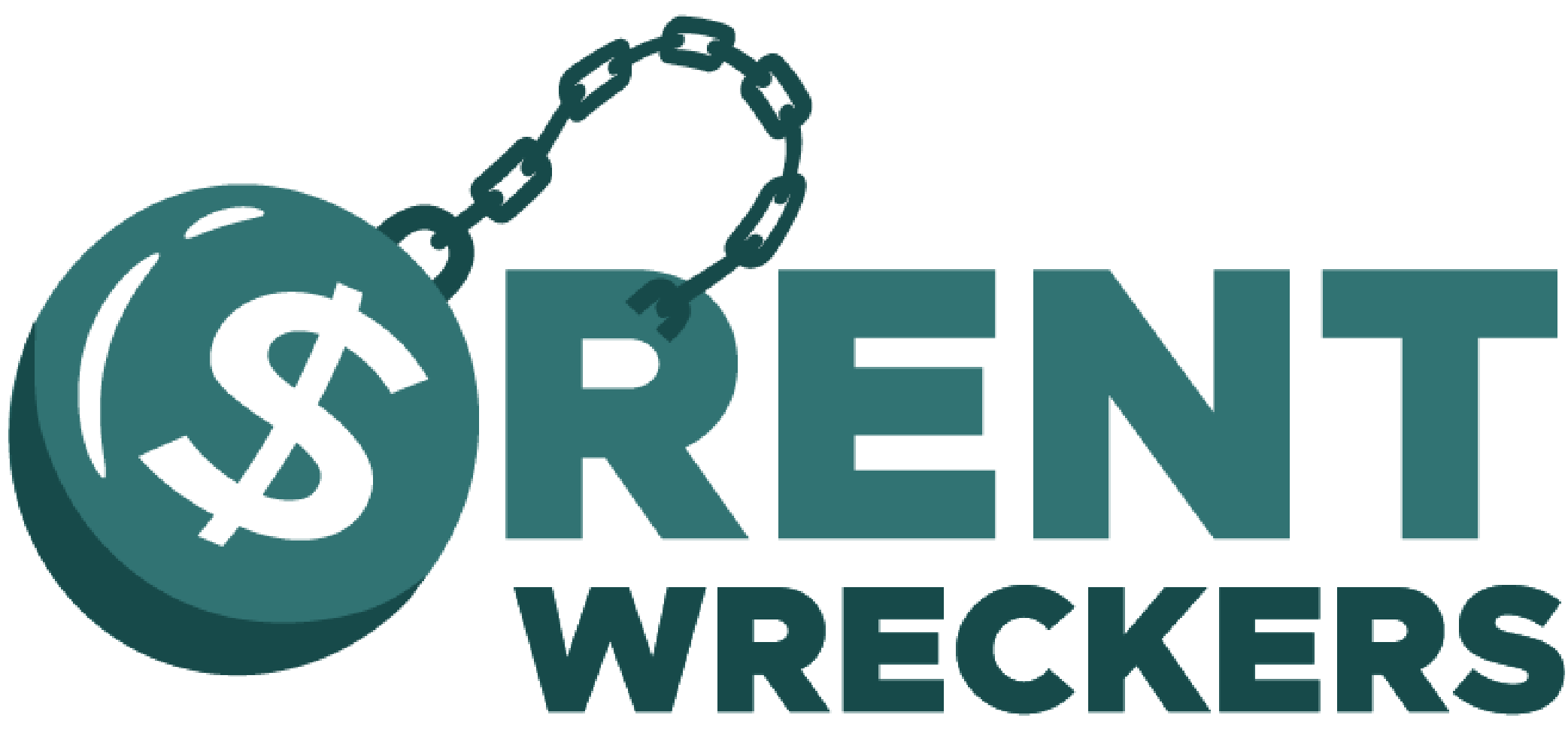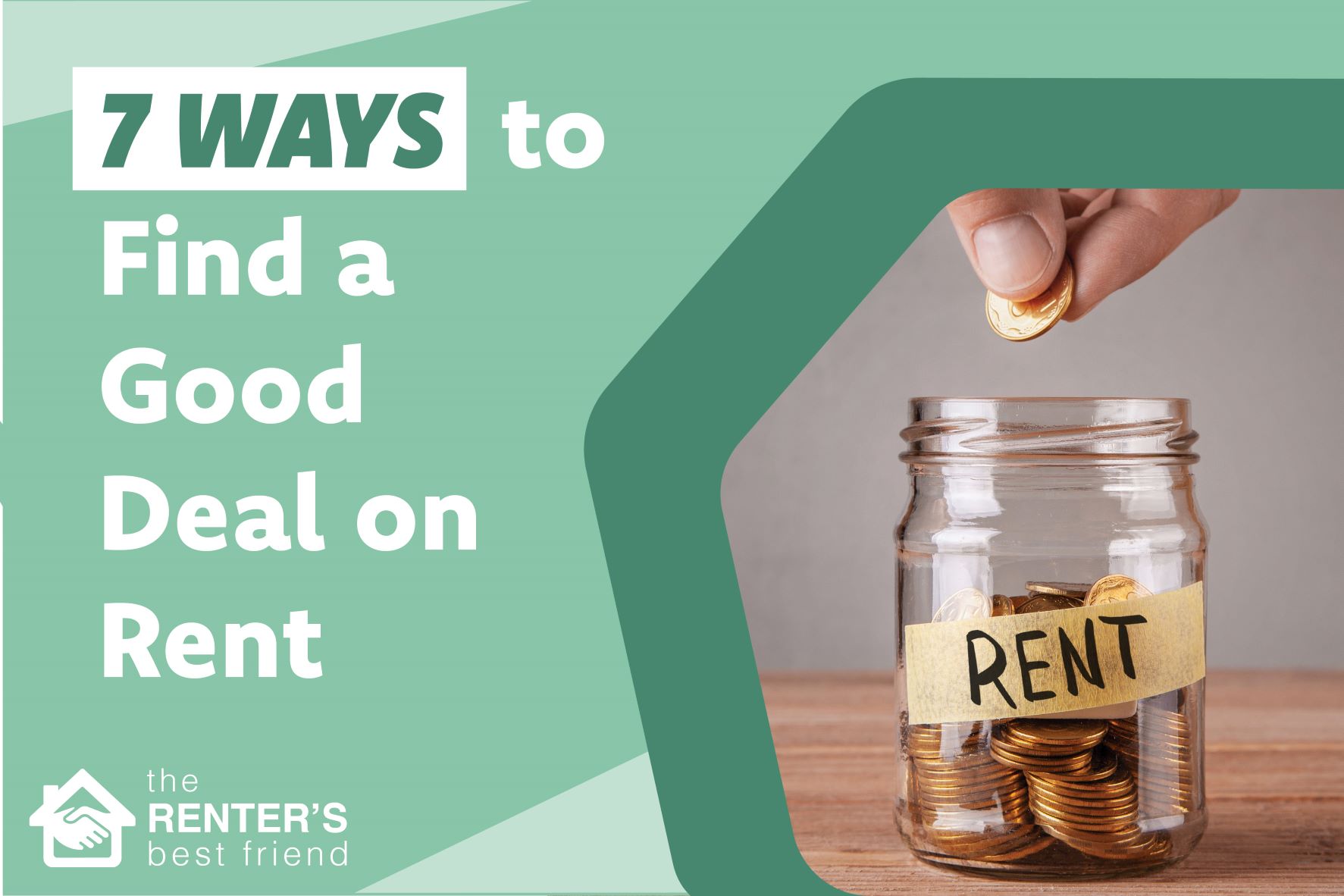Moving into your first apartment can be an extremely rewarding experience. Whether you are moving out of your childhood home, saying goodbye to dorm life, or looking for something smaller than your last place, there can be a lot of perks to apartment living. But signing leasing contracts and moving can be a lot to take on if you’ve never done it before, so we’re going to go over a list of things to think about when you are ready to tackle this next chapter of your life.
Before Your Start Looking
Looking for your first apartment can seem intimidating, and maybe even a little overwhelming. But what can you do to help get a handle on things?
Also know that as a renter, we know how it can feel like there’s no one in your corner. Did you know that at The Renter’s Best Friend we have an entire program that helps renters like you? Don’t go it alone. Click here for your access to The Renter’s Best Friend Renter’s Assistance program.
How Much Apartment Should You Get?
You need to understand your budget and what you can afford before you even start looking for a new apartment. Being honest and realistic at this stage will help you make crucial decisions much easier further down the road. Avoid going with a place that tops out your finances, even though your instincts may push you to find the absolute best place that you can afford. If you stretch yourself too far, you could end up in serious financial trouble that takes years to recover from. Be truthful with yourself and be smart about your choices. Most experts say to spend no more than 30% of your income on rent.
Check Your Credit
Apartment landlords and property managers are going to likely check your credit score when you fill out a rental application. The higher your credit score is, the more favorably lenders and landlords see you as a financial risk. Knowing this information before you even walk through the door gives you the chance to prepare to explain your situation if need be. If you don’t have much credit to your name yet, or if your credit score is low, you might consider having a co-signer or guarantor. This is usually a parent, close friend, or family member who is willing to take legal responsibility as a backer for your rental payments.
We’ve made it simple for you with our trusted credit programs:
Check your credit by clicking here
Repair your credit by clicking here
Weigh Your Needs Against Your Wants
When thinking about living in your first apartment, it is natural for your mind to jump to the extreme. You may already be picturing the kinds of places you’ve seen depicted in movies or in magazines – the chic homes of A-list celebrities, athletes, or Bruce Wayne’s penthouse overlooking Gotham. But this is another place where you have to be honest with yourself. You need to understand what you need so that you can be comfortable in your new home at the end of the day, and what you do not need to have… yet. It can help to draw up a list of what your top priorities are for your lifestyle and sort them between needs and wants. Make sure that the needs are met and, if you honestly think you can spare it, then start working your way down your wants list.
Consider how many bathrooms you truly need. How close do you need to be to public transportation? What floor do you want to live on, and do you need access to an elevator? Are you willing to pay extra for access to a gym, swimming pool, or clubhouse? How much closet space do you need? Are you going to be able to afford the pet deposit?
To Roommate or Not to Roommate?
It can be a tough choice to decide if you want to take on a roommate or not. By doing so, you can ease your financial strain and the responsibility of upkeep by a significant amount. However, you will also have to compromise some of your privacy, and sharing a living space and responsibilities with someone else can come with strains all its own. If you do choose to take on a roommate, you should carefully vet the person beforehand and make sure that they will be compatible to live with. You might even consider drawing up a formal roommate agreement that outlines specific rules and terms concerning parties, pets, smoking, sharing food, and the use of common spaces (such as the living room, kitchen, or bathroom).
When You Start Looking
Here are some things to keep in mind as you start looking for your perfect first apartment.
Going on Tours
When you are checking out potential apartments, you should look very closely at everything and don’t be shy about asking questions. If you are thorough during this process, you will save yourself a lot of potential grief later on. Check out our lists for things to look for and questions to ask below:
Things to Look For:
- How much daylight comes into the apartment where you need it to be?
- How much noise can you hear from inside the unit?
- Flush the toilets (yes, all of them), and check the water pressure, temperature, and drainage of tubs/showers, and sinks.
- Make sure you are comfortable with the security of the building (check the lighting at night).
- How close are the stairs or elevators to your unit?
- How close are you able to park your car on moving day?
- Check the carpet for signs of wear and tear.
- Look for damaged fixtures, broken tiles, holes in the wall or ceiling, etc.
- Look for signs of mildew, mold, or of insect infestations.
- Check each and every space within the apartment – open and close every door, closet, and cabinet, look behind every door, turn on every light and fan, test any appliances that will be included, and test every lock.
- You should also check the outside spaces as well – the exterior of the building, outdoor patios, gyms, swimming pool, laundry room, and parking lot/garages.
Questions to Ask:
- How cold does it get in the winter? How hot in the summer?
- How much is rent (also ask about application fees, security deposits, and any other financial obligations you will be expected to meet)? Is auto-pay available?
- Who is responsible for minor maintenance issues within the unit?
- Have there been break-ins recently (within the past year)?
- What is the situation for parking? Are there dedicated or paid spots?
- Are you going to need to pay for your own utilities?
- Is it acceptable to make small modifications or paint within the apartment?
- What amenities are present and is there an extra cost for using them?
- What general demographic does the complex host – is it mainly older people, married couples with families, or younger students?
Ask the Neighbors
Speak with the neighbors, if you are able to do so without the landlord or property manager with you. Ask the other tenants that live here about their experiences. Ask them how safe they feel here, or if the other neighbors are quiet and friendly. Ask them how responsive the management is with repairs and requests, and how easy they are to work with. You are far more likely to get a good idea of what it will be like to live here this way.
When You’ve Found It
When you’ve found your perfect first apartment, you’ll feel it in your bones. So what happens next?
The Application Process
The first thing to understand is that there can be a lot of fees and deposits associated with renting an apartment. Usually, a security deposit is two months’ rent and many places also charge rent for the first and last months of the lease upfront. Many experts also say that it is a good idea to have at least three months’ rent set aside in case of emergencies.
When you go to submit your application, you will likely need to also provide a number of other documents. You should have your proof of income (such as pay stubs, bank statements, tax returns, etc.), identification documents (driver’s license, state ID, passport, etc.), and proof of vehicle registration and insurance.
Signing the Lease
Once the application gets a green light, you will have to come back to the office and sign the lease itself. When you get the lease, read through all of it. Do not sign anything until you fully understand what you are agreeing to. Ask questions and get clarifications on everything you need more information about. This is a legally binding contract.
Make absolutely certain that all agreements have been represented, in writing, on the lease. Oral promises, such as who will pay for repairs, are not legally binding unless they are backed up in writing. You are also completely within your rights to negotiate this document and the terms within. If you find something disagreeable, ask them to remove or modify it. If you are not moving in on the first of the month, ask for them to prorate your first month’s rental payment.
Inspect Your New Home
Before you move one stick of furniture, inspect the property again. Get a Landlord-Tenant Checklist from the property manager or landlord. This should list all of the appliances, fixtures, and rooms. Walk through and take notes about the condition or everything. Take pictures of anything that is damaged (and point it out to the landlord or property manager immediately). Again, be thorough and document everything accurately. This form and the pictures you take could prove that potential damages existed before you moved in and prevent you from losing your security deposit once you eventually move out.
Wipe the Slate Clean
The apartment should have had a deep clean before you move in, but if you have any doubts you might consider hiring a cleaning company to clean it from top to bottom. If the cost of hiring such a company is a concern, you might consider cleaning it yourself before you begin filling it with boxes and furniture.
Moving Day
Moving can be a difficult and longer process than you might think. Packing and unpacking themselves are laborious feats. If you allowed it in your budget, you may want to consider hiring a moving company to do the heavy lifting and transportation of most of your belongings. Having an organized checklist can help make the entire process a lot easier to manage. Once it is done, make sure to give yourself plenty of time to relax and enjoy your brand-new apartment.

